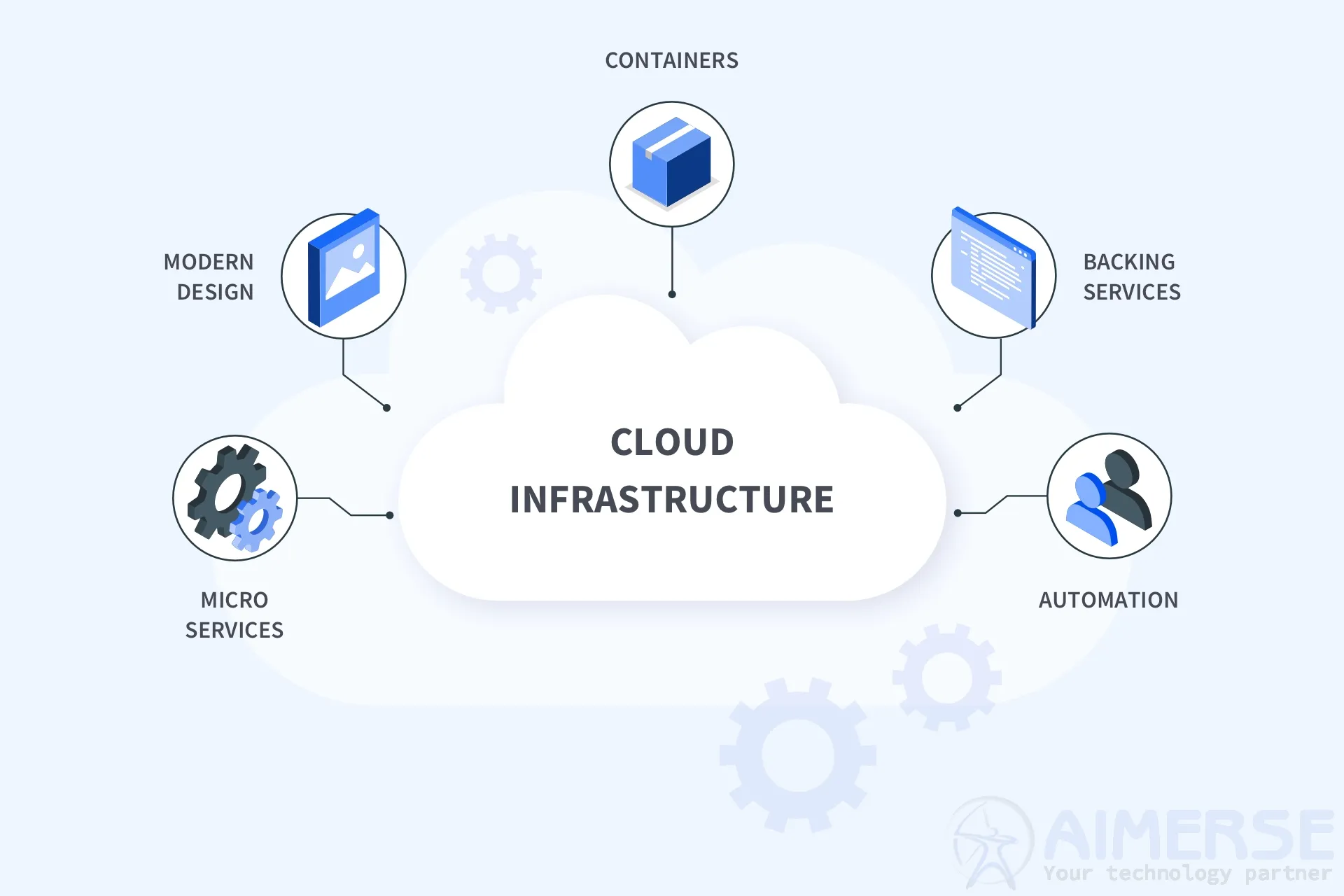Cloud-Native Applications: Leveraging Cloud Services for Startups.
The dynamic landscape of startups needs to adapt and scale rapidly. Cloud-native applications give a strategic advantage to startups in terms of fully leveraging the power of cloud services that enhance scalability, and flexibility, and drive innovation that enables the growth of the startup in competitive markets.
Understanding Cloud-Native Applications
It is so designed and built to run in cloud environments, using cloud computing frameworks and services. They are usually microservices-based, packaged in containers, and managed through agile DevOps processes. Additionally, they are supposed to be deployed on scalable cloud infrastructure. This architecture allows rapid development, deployment, and scaling, which fits the nature of startups.
Benefits for Startups
- Scalability: The resources of the cloud-native application are allowed to dynamically scale under the varied demands, which thereby provides optimum performance when the traffic varies.
- Cost Efficiency: In cloud services, startups don't have to invest in infrastructure initially, and they can incur costs on their usage only. They optimize their cost of operations.
- Rapid Deployment: The cloud-native application is based on modularity. They support continuous integration and delivery that allow rapid new feature releases and updates.
- Resilience: Cloud-native applications are designed to fail but can automatically handle and recover from system failures, offering high availability and reliability.
- Innovation: Access to the vast services of the cloud makes it possible for a wide array of experiments from new technologies, implementation, and innovations without significant overhead.
Best Practices Implementation
Implementation with Microservices Architecture: break an application into lots of independent services, which makes application development, deployment, and scaling all that much easier and flexible, along with maintainable.
- Use containers: running applications in containers ensures consistency across different environments and makes the development process much more streamlined.
- Implement DevOps Practices: Encourage development and operations teams to collaborate on automation tools to speed up continuous integration and deployment, which means faster release cycles.
- Use Managed Services: The managed services from cloud providers are offered for databases, messaging, and other functionalities that reduce operational complexity and help a business focus more on core business objectives.
- Ensure Security and Compliance: Security aspects should start from the foundation. Data has to be encrypted; identity management has to be implemented; periodic compliance audits for securing sensitive data and then trusting the user result.
Conclusion
Cloud-native applications will be the way to raise the levels of scalability and efficiency in cost, which can benefit ambitious startups looking to grow their business by making it more competitive. With cloud services and the best practices addressing dynamic market requirements, new systems can be developed to be robust and responsive.
Aimerse Technologies creates cloud-native applications tailored to the client's needs using React.js, Node.js, Python Django, Laravel, and Java Spring Boot. This will enable your startup to utilize the full power of cloud services to design scalable, flexible, and innovative solutions for success.











